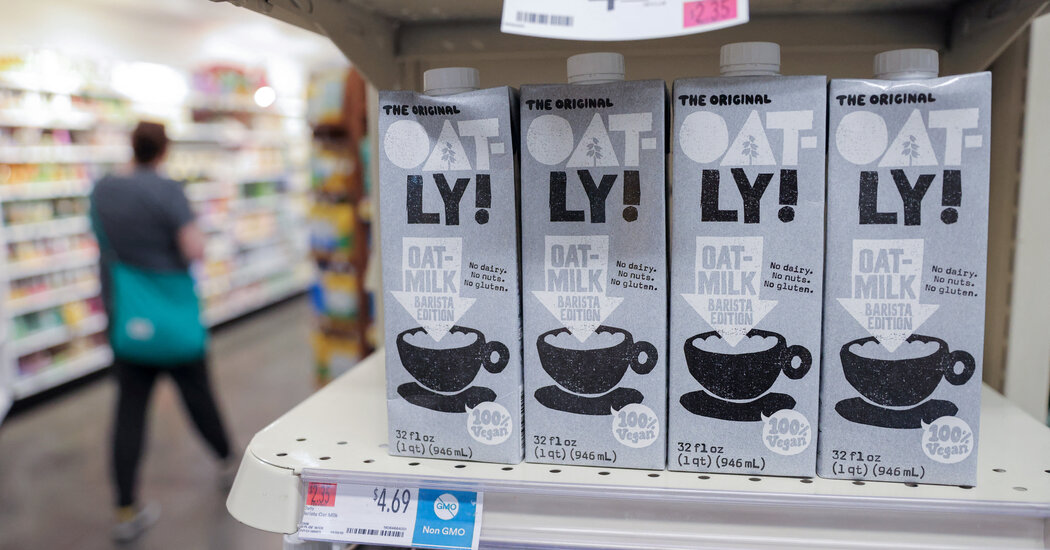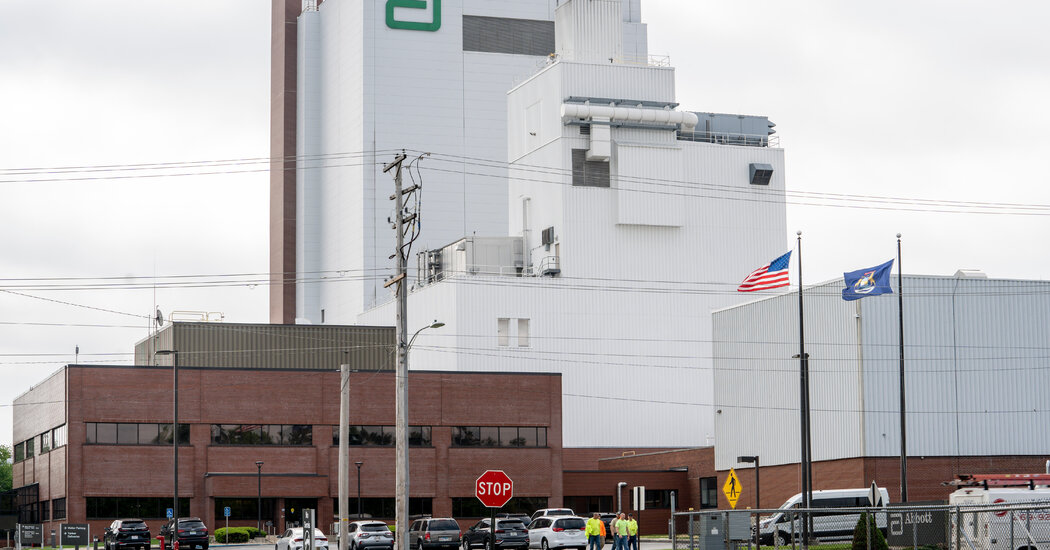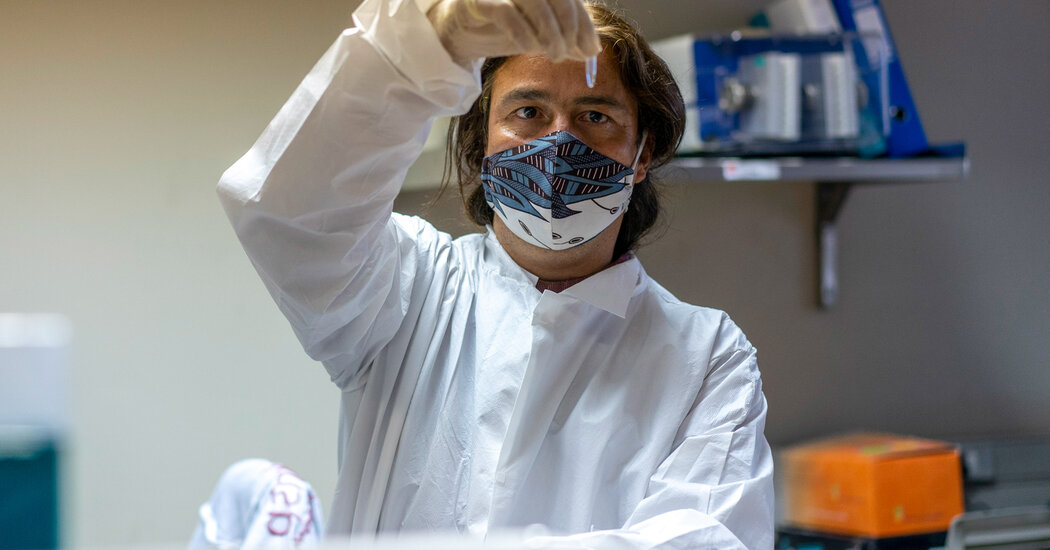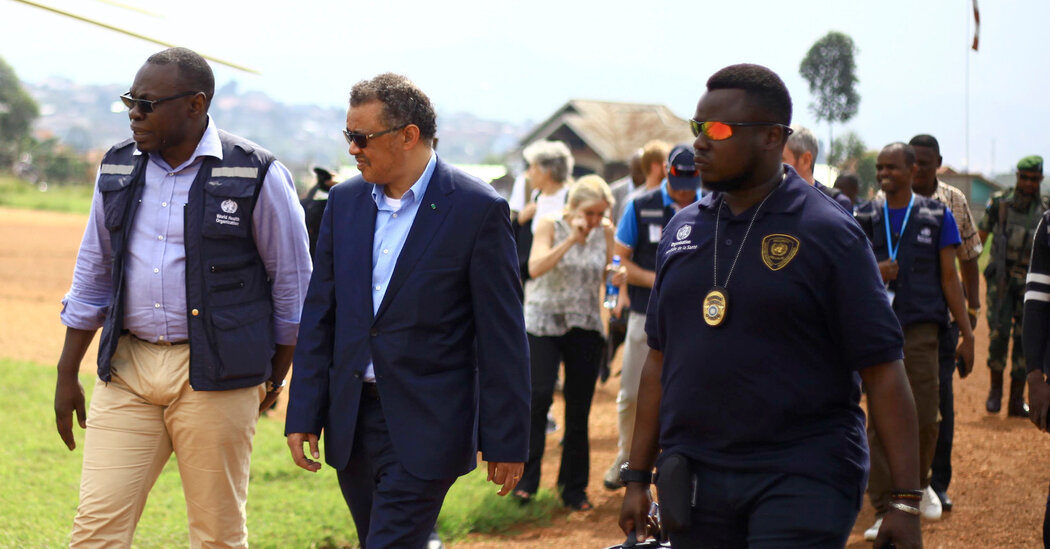A commission appointed by the health agency found that women and girls had been promised jobs in exchange for relationships or had been sexually exploited in order to keep jobs.Doctors and other staff members working for the World Health Organization to render aid during an Ebola outbreak in the Democratic Republic of Congo sexually abused or exploited women and girls there, a commission appointed by the head of the agency reported on Tuesday.Dr. Tedros Adhanom Ghebreyesus, the agency’s director general, apologized directly to the victims — reported to number in the dozens — and promised to undertake “wholesale reform of policies and processes” to address exploitation and abuse in the organization. He said the agency was terminating the contracts of four people identified as perpetrators who were still employed with the agency and would refer allegations of rape to the authorities in Congo and in the home countries of those accused of misconduct.The Ebola response from 2018 to 2020 “was a large and complex operation in a highly insecure region requiring large-scale recruitment of local and international personnel,” Dr. Tedros said. “But none of that is an excuse for sexual exploitation and abuse. We accept that we should have taken stronger measures to screen our candidates and ensure more effective human resources processes.”The commission’s investigators were able to identify 83 people believed to have been involved in the abuse, including both Congolese nationals and foreigners, the report said. In 21 cases, the investigators were able to establish with certainty that those suspected of abuse were W.H.O. employees.The 35-page report cited “clear structural failures” in how the agency responded to allegations of misconduct. It painted a picture of an organization obsessed with bureaucracy and ruminating over technicalities of abuse accusations such as who would qualify for legal protection against exploitation and whether an accusation should be investigated if a written complaint had not been filed.The commission found that women had been promised jobs in exchange for relationships or had been sexually exploited in order to keep jobs. The report cited the stories of women like one identified as Nadira, who worked in Beni as an archivist.“To get ahead in the job, you had to have sex,” she told investigators. “Everyone had sex in exchange for something. It was very common. I was even offered sex if I wanted to get a basin of water to wash myself in the base camp where we were staying.”The report underscored the power differential between employees of international organizations like the W.H.O. and the people they are serving. It stated that “the majority of the alleged victims were in a very precarious economic or social situation during the response.”It added, “Indeed, very few of them were able to complete their secondary education, and some had never set foot in school.”The investigation was opened after The New Humanitarian, a nonprofit news organization based in Geneva, and the Thomson Reuters Foundation, published in September 2020 the findings of a yearlong investigation in which 30 of 51 women interviewed reported exploitation by men identified as working for the W.H.O. on the Ebola outbreak starting in 2018.The exploitation and abuse reports brought fresh scrutiny to the United Nations’ struggles with the decades-old problem of sexual exploitation by peacekeeping troops, which surfaced in conflicts in Bosnia in the 1990s and in more recent emergencies in places like the Central African Republic and Haiti.The 51 women interviewed all told investigating journalists that they had been pressured to provide sex to employees of the W.H.O. and of other international aid organizations as well as of Congo’s Health Ministry. They faced pressure when they were seeking jobs, and on occasion, the men terminated the contracts of those who refused, the women said.Eight women said they had been exploited by employees of the Health Ministry. Others reported encounters with men from charity groups including World Vision, UNICEF and the medical organization ALIMA.Dr. Tedros was made aware of the allegations only when they were revealed in the news media, the report said. At a news conference Tuesday for the release of the report, he was asked whether, because of the severity of the allegations and because he was overseeing the response to the outbreak and was on site numerous times, he would consider resigning.“This issue was not raised to me,” he said. “Probably I should have asked questions. And the next steps, what we’re doing is, we have to ask questions.”Dr. Tedros said the agency was “taking immediate steps” to determine why the organization had not detected and stopped the abuse.One factor the commission cited as creating the conditions for exploitation and abuse was the lack of transparency in the recruitment process for new employees to combat the Ebola surge.The response to the virus, much like the coronavirus response in the United States and globally, created a need for a large number of new workers. This, the report noted, was a boon to the many young people seeking employment. But the recruitment process was not competitive.“Local workers — who made up more than half of the W.H.O. personnel serving in North Kivu province — were recruited without competitive bidding,” the report said, “thus opening the door to possible abuses, including incidents of exploitation and sexual abuse, which have unfortunately been witnessed.”The report also cited “late and insufficient” training on stemming sexual exploitation and abuse in the response to the Ebola crisis. The first such training session occurred in November 2019, five months after the outbreak had been declared an international public health emergency. The report also found that only a small number of the organization’s staff members — 371 of the more than 2,800 deployed during the outbreak — had participated in the training session.
Read more →




